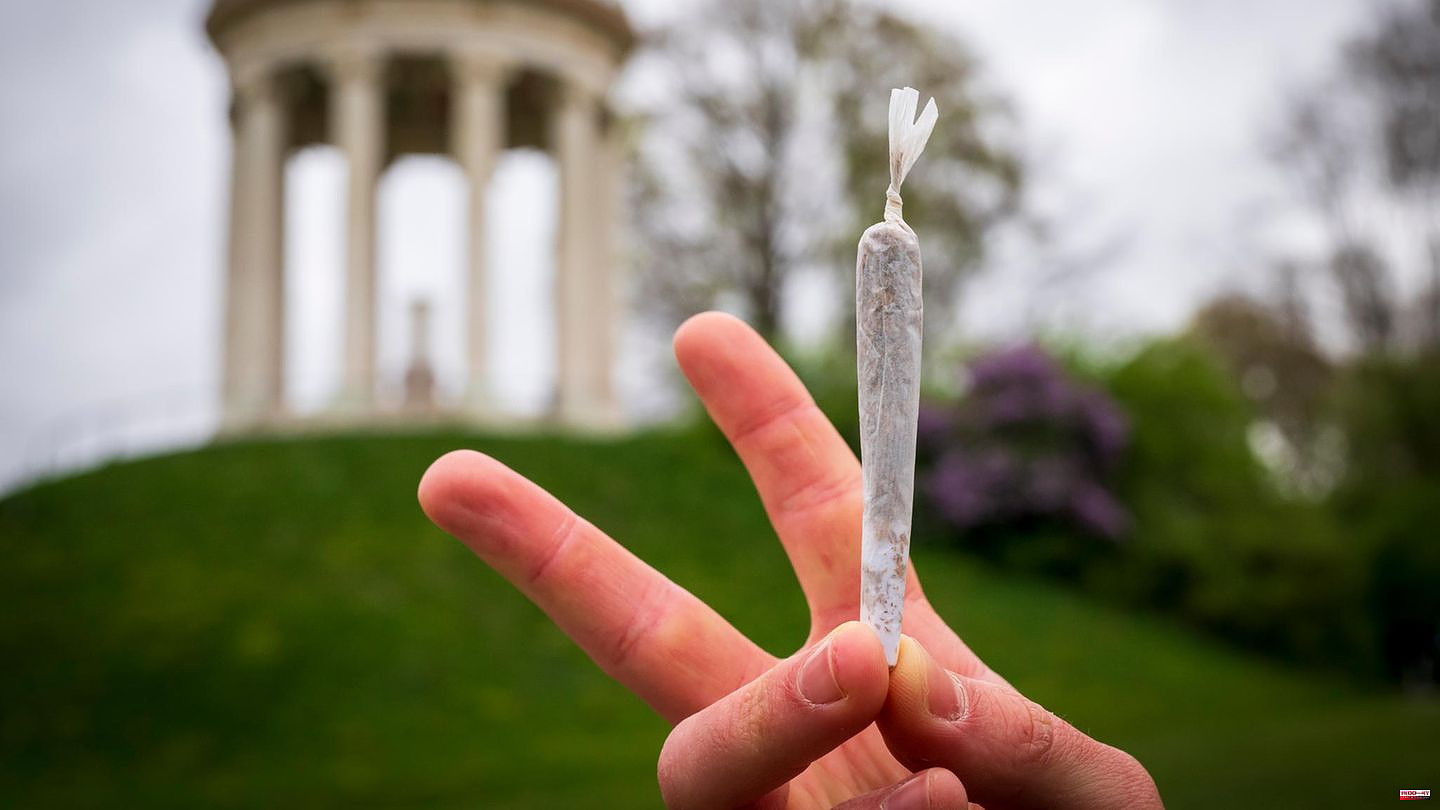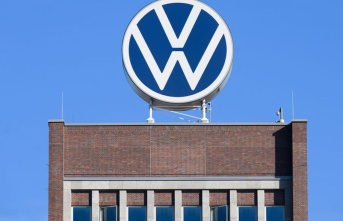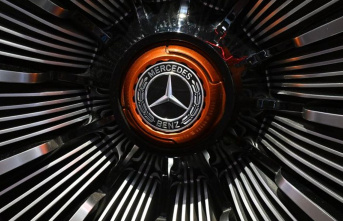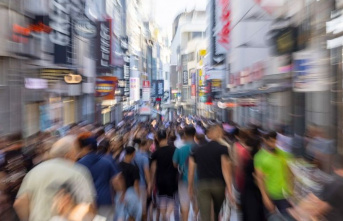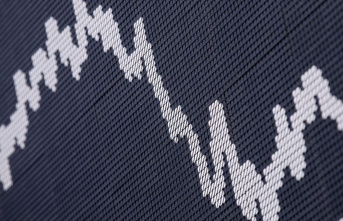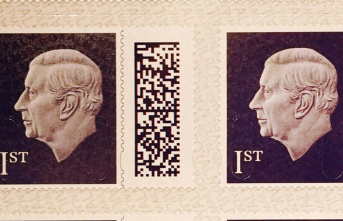This article is adapted from the business magazine Capital and is available here for ten days. Afterwards it will only be available to read at www.capital.de. Like stern, Capital belongs to RTL Deutschland.
The black market for cannabis has to go. And the previous methods don't work. Even the traffic light politicians agree on this. No wonder, then, that Health Minister Karl Lauterbach (SPD) is touting legalization as the cure for the black market. “As part of this legalization, we are pushing back the black market,” the minister repeated in one way or another in a Bundestag debate in the winter.
His argument: With less black market, less weed ends up in the hands of children and young people. The grass is purer and consumption can be monitored better, say supporters. Legalization seems to be a logical step to curb uncontrolled sales. But does that work?
In fact, the current weed ban is not effective. Germans smoke more and more weed every year. While in 2011 one in 20 young people smoked weed, recently it was one in thirteen, according to a study by the Federal Center for Health Education. Consumption has even doubled among those under 25 years old. The frequency of consumption is also increasing, and the weed sold is becoming increasingly stronger. And how could it be otherwise, it comes from the black market. The justice system has to deal with more and more drug offenses. But that doesn't seem to deter dealers and consumers at all, because the market continues to grow.
It is clear that something has to change. But is Lauterbach's concept really correct - will the black market really disappear with the German form of legalization?
According to the new cannabis law, adults are now allowed to have 25 grams in their pockets for personal consumption, grow three plants on the balcony and can grow cannabis for private cultivation under legal regulations in special clubs. There they can harvest 50 grams per month. These are not quantities that normal stoners vape. Some critics even complain that the black market would grow after German legalization if the new breeders resell their goods illegally.
Cannabis has been legalized in many countries in recent years. The best-known examples are the USA and Canada. The psychologists Wolfgang Fastenmeier and Martin Söllner have evaluated the existing scientific studies on the effects of cannabis legalization.
“The experience gained in the USA and Canada can be easily transferred,” says Fastenmeier. Even if legalization is structured differently in Germany than in these countries. In Canada, the black market has shrunk since legalization. Statistics Canada reports that 70 percent of users now get their drugs from legal sources.
Fastenmeier summarizes that the promise that the black market will completely disappear with legalization is not correct. But the illegal market is shrinking significantly, as can be observed in other countries. This has not curbed consumption, but it does not appear to be increasing any faster than before legalization.
Prices can also fuel the black market. When legal cannabis is too expensive, consumers buy on the black market. How cheap and good legal weed is determines the distribution between the illegal and legal markets.
However, the Düsseldorf economist Justus Haucap sees a problem with German legalization here. Because unlike countries like Canada, where weed is sold in coffee shops, in Germany you can only grow it at home or join a club. Both are only worthwhile for large consumers.
Critics also fear that members of cannabis clubs will resell their harvest. This is also a form of the black market, says Haucap. But since the regulated cannabis is passed on there, he sees it as negligible. He finds the strong restrictions more problematic.
"A club only has 500 members. They are allowed to take 50 grams per month. In economic terms, there are no economies of scale," says Haucap. So production prices do not fall through mass production, as might be the case with commercial cultivation. In addition, the offer is far too limited. "You're not allowed to process anything there. There are no edible products. That's often uninteresting for consumers. And the less attractive the clubs are, the bigger the black market will remain."
Recently, says Haucap, he was in Oregon in the USA. "There are cannabis shops there that look like Apple stores, others look more like 'third world shops'. There is organic cannabis." This diversity is the recipe for success in making the legal market attractive.
“I see legalization as positive compared to the previous status,” says Haucap. "The weed mob is happy. The pressure is off." But the government missed out on proper legalization with regulated sales, which would have further reduced the size of the black market.
German legalization will most likely shrink the black market somewhat, but will not make it disappear.

